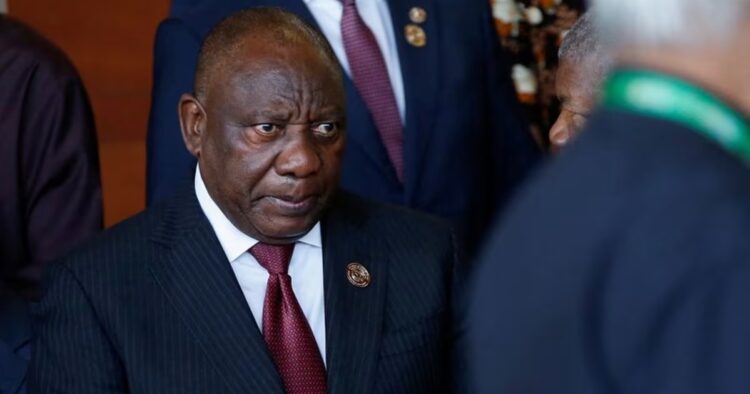South Africa has experienced a record 48 consecutive days without electricity cuts, commonly known as load-shedding. This comes after years of enduring frequent power outages that have plagued the country.
The extended period of uninterrupted power supply has sparked debates and allegations, particularly from opposition parties, regarding potential political motives behind the timing of this improvement, given the upcoming elections on May 29.
The ruling African National Congress (ANC) has faced accusations from opposition parties, notably the Democratic Alliance, of orchestrating the hiatus in load-shedding to sway voter sentiment in their favor. However, President Cyril Ramaphosa firmly refuted these claims, attributing the improved power supply to the government’s energy plan implemented in 2022.

As per Ramaphosa, the enhanced performance of state utility Eskom is a result of intensified maintenance efforts, the integration of new renewable energy projects, and increased adoption of rooftop solar panels, aided by tax incentives. He highlighted that the reduction in load-shedding is a tangible outcome of these initiatives rather than a political maneuver.
Nevertheless, skepticism persists, with former Eskom CEO Andre de Ruyter alleging that the increase in power supply is being achieved at the expense of burning more diesel.
De Ruyter, known for his critical stance toward the ANC, claimed that excessive diesel usage is being concealed to maintain the appearance of stable electricity supply.
The opposition Democratic Alliance echoed these sentiments, accusing the ANC of exerting political pressure on Eskom to ensure uninterrupted power supply ahead of the elections. They have called for decisive action from voters to hold accountable those they perceive as manipulating the power situation for political gain.
In response to these allegations, Electricity Minister Kgosientsho Ramokgopa vehemently denied any misuse of diesel-powered turbines to sustain power availability. He defended Eskom’s efforts, emphasizing the collective dedication of the entire organization, from the board to the lowest-ranking employees, in ensuring a reliable electricity supply.
Despite conflicting narratives and political tensions, South Africans remain hopeful for sustained progress in addressing the longstanding issue of power shortages, with the impending elections serving as a critical juncture for evaluating the government’s performance in this regard.

















Comments